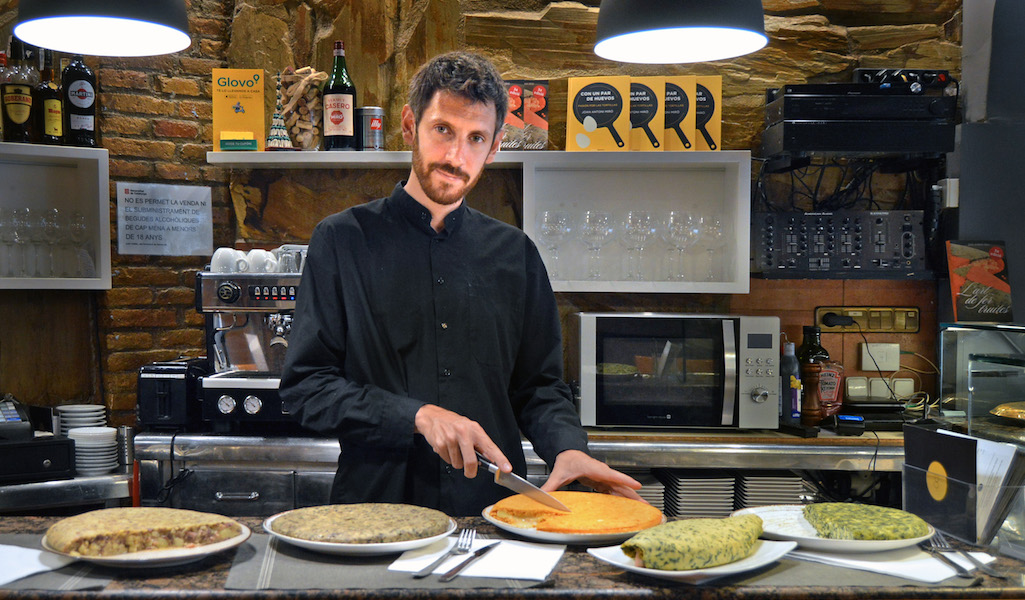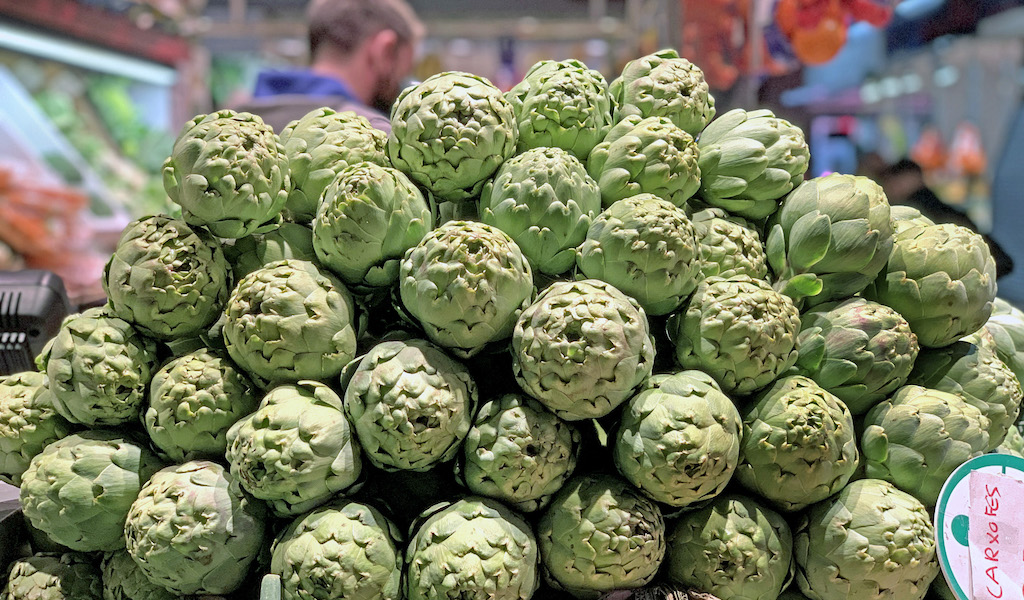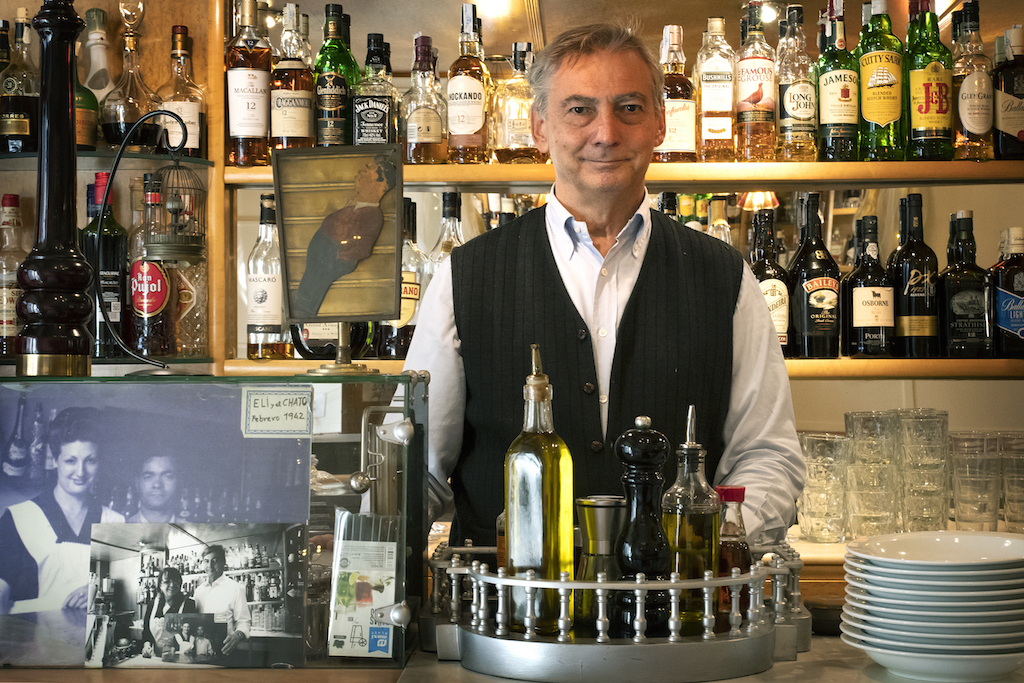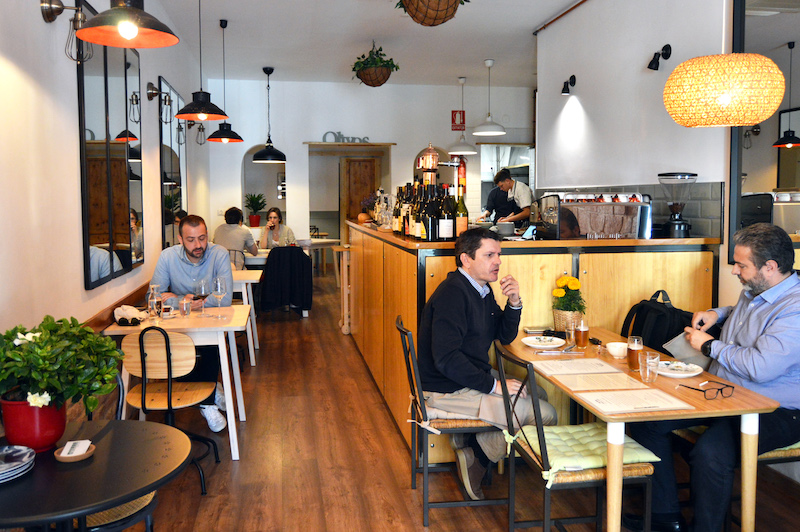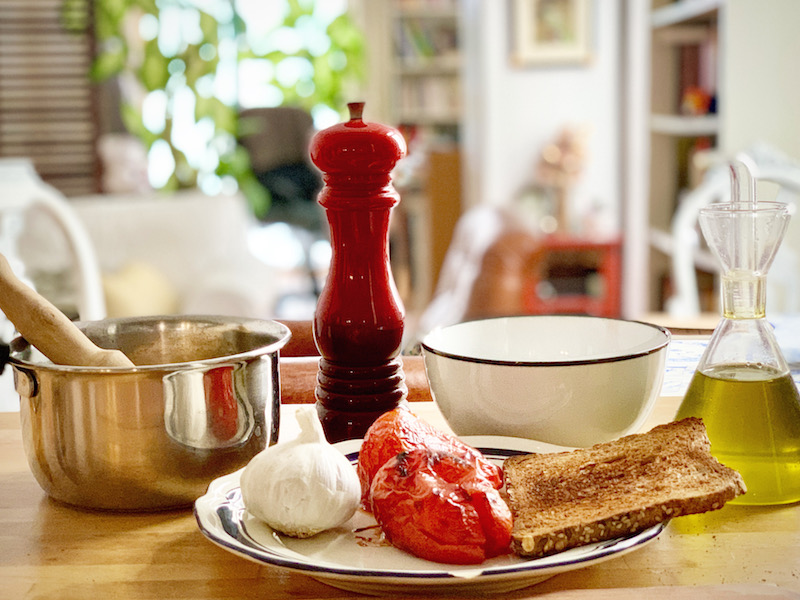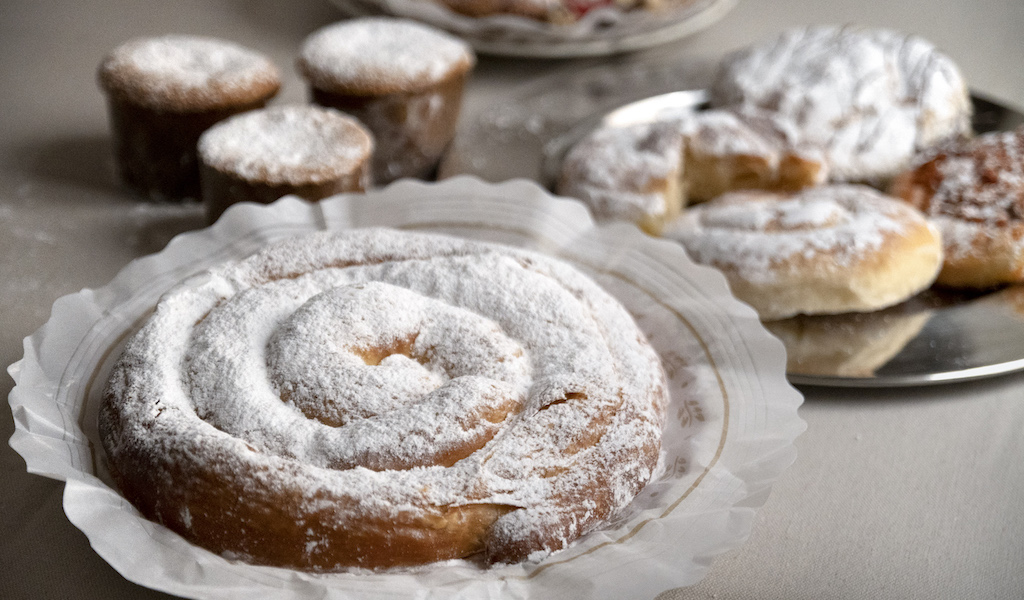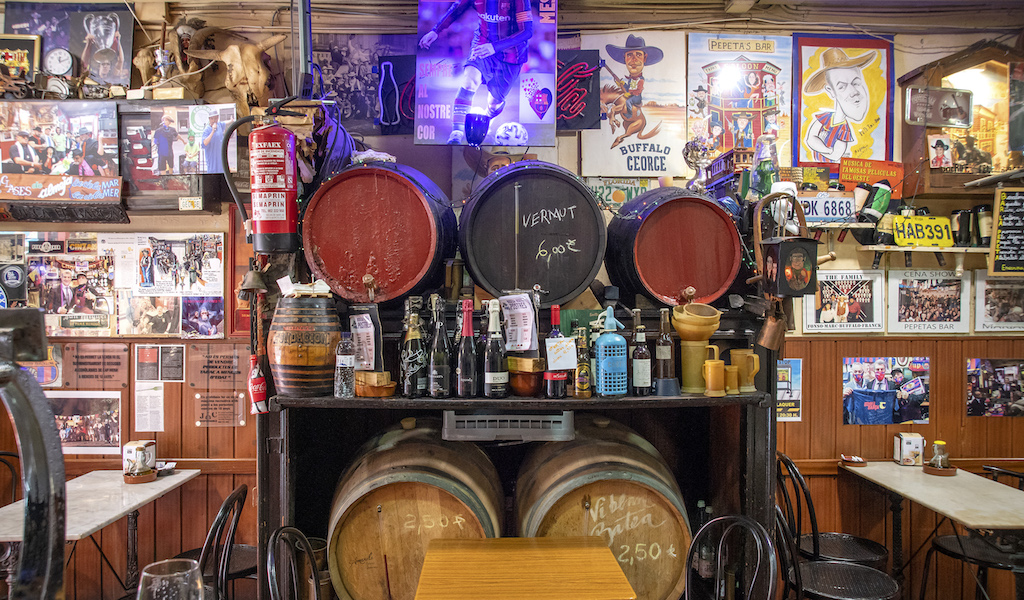We can't find the internet
Attempting to reconnect
Something went wrong!
Hang in there while we get back on track
Search results for "Paula Mourenza"
Barcelona
All About the Spanish Tortilla + Recipe
Although it would seem that much of the world imagines the inhabitants of Spain subsisting largely on paella, the truth of the matter is that it is the tortilla de patatas (truita de patata in Catalan), also known as tortilla española in some Spanish regions, that really holds the place of honor in the hearts and stomachs of Spaniards. Often translated into English on menus as “potato omelet,” this hearty round cake of potatoes, eggs, olive oil and salt has nothing to do with the traditional French omelet, nor does it have anything in common with a Mexican tortilla. At its most basic, the Spanish tortilla is made by frying up a thick mass of sliced potatoes and eggs in olive oil and then slicing it into savory wedges.
Read moreBarcelona
Building Blocks: Barcelona’s Homegrown El Prat Artichokes
Prickly yet pretty, bitter but sweet, medicinal and succulent, at once firm and tender – it’s no surprise the multifaceted artichoke is the queen of Barcelona’s winter produce. It’s also one of the city’s most local crops, grown in fields that literally abut Barcelona’s international airport, just some 10 kilometers out of town. Originally from North Africa (most likely Egypt), the artichoke’s appearance in Spain is documented as early as the 1st century AD by Spanish-Roman agronomy writer Lucius Junius Moderatus Columella, who mentions them in his work De re rustica.
Read moreBarcelona
El Chato: The Basque Truck Stop
When El Chato, considered to be Barcelona’s oldest Basque restaurant, opened in 1941 in El Fort Pienc, the neighborhood was a decidedly industrial one. In fact, the restaurant’s main clientele for decades were Basque truck drivers who were dropping off or picking up goods in the area. Much has changed since the 40s. El Fort Pienc is now home to office workers as well as families, lured to the area by its proximity to the center of town. Meanwhile, Basque cuisine has gone on to become one of the world’s most celebrated, its home region filled with numerous Michelin-starred restaurants.
Read moreBarcelona
Olivos Comida y Vinos: Showtime in Sants
Olivos Comida y Vinos is like an independent movie playing at a small cinema on a quiet street in Sants, a neighborhood just outside of Barcelona’s center. It leaves you with the impression of having had an unexpected, intimate connection with something personal and precious. They don’t have customers – they have fans. Decorated with plants and flowers in a comfortable setting of simple, natural materials, Olivos is full of thoughtful details (enough space between tables, no table cloths for green eating) and super-friendly service. The exquisite food follows a sustainable “slow food” philosophy, where products should be local and obtained in both a clean and ethical way, and everything is cooked with a highly professional hand. In Barcelona, where mainstream culinary trends, big hospitality groups and huge investments in interiors and PR are frequently the rule that moves the masses, the independent, honest spirit at Olivos is a treasure.
Read moreBarcelona
Recipe: Romesco Sauce, A Catalan Staple
Served as a sauce, romesco is certainly striking: It has an intense dark orange color and a dense texture that saturates and blankets whatever you dip in it. Once in the mouth, you get a piquant touch of vinegar, which is soon enveloped by the nutty creaminess of ground almonds (or perhaps hazelnuts) and olive oil. Yet the sauce’s main personality (and taste) derives from the roasted tomatoes and the rehydrated nyora peppers (ñora in Spanish), both of which are also responsible for its distinctive color. A versatile and tasty picada (pounded paste), romesco works as the base of the famous cold sauce (salsa romesco) but is also used in various dishes like monkfish romesco and mussels romesco. It has come, in its many forms, to represent the culinary culture of Tarragona, a province in southern Catalonia.
Read moreBarcelona
Formentor: Spiral Tradition
The Catalan ensaïmada is more than just a pastry – the sweet, spiral-shaped bread covered in powdered sugar serves as a direct link to the ancient Sephardic Jewish history of Spain and, more specifically, the Balearic Island of Mallorca (Majorca, in English). Despite the Jewish connection, the name of the pastry actually comes from the Catalan word for lard, saïm, and literally means “mixed with lard.” According to recent research conducted by the Majorcan pastry chef and culinary anthropologist Tomeu Arbona, ensaïmadas are Christianized relatives of an ancient Jewish bread baked on the island, similar to braided challah.
Read moreBarcelona
Bodega Josefa: Food, Football and Vermouth
Barcelona’s old bodegas are resilient specimens. Despite facing the forces of development and gentrification, they have had an incredible capacity for preservation, remaining one of the few businesses in the city still alive with the same energy of decades past. The strong attachment of locals in Barcelona to the magnetic personality of their neighborhood bodega is the secret of these survivors’ evolutionary strength. Bodega Josefa, located in El Farró neighborhood’s Lesseps, is one such bodega. Originally a 1920s cellar and shop for bulk wine called Casa Paco, now the bodega offers one of the best homey lunch menus and vermut aperitifs in the area, as well as stomping grounds for neighborhood FC Barcelona fans.
Read more